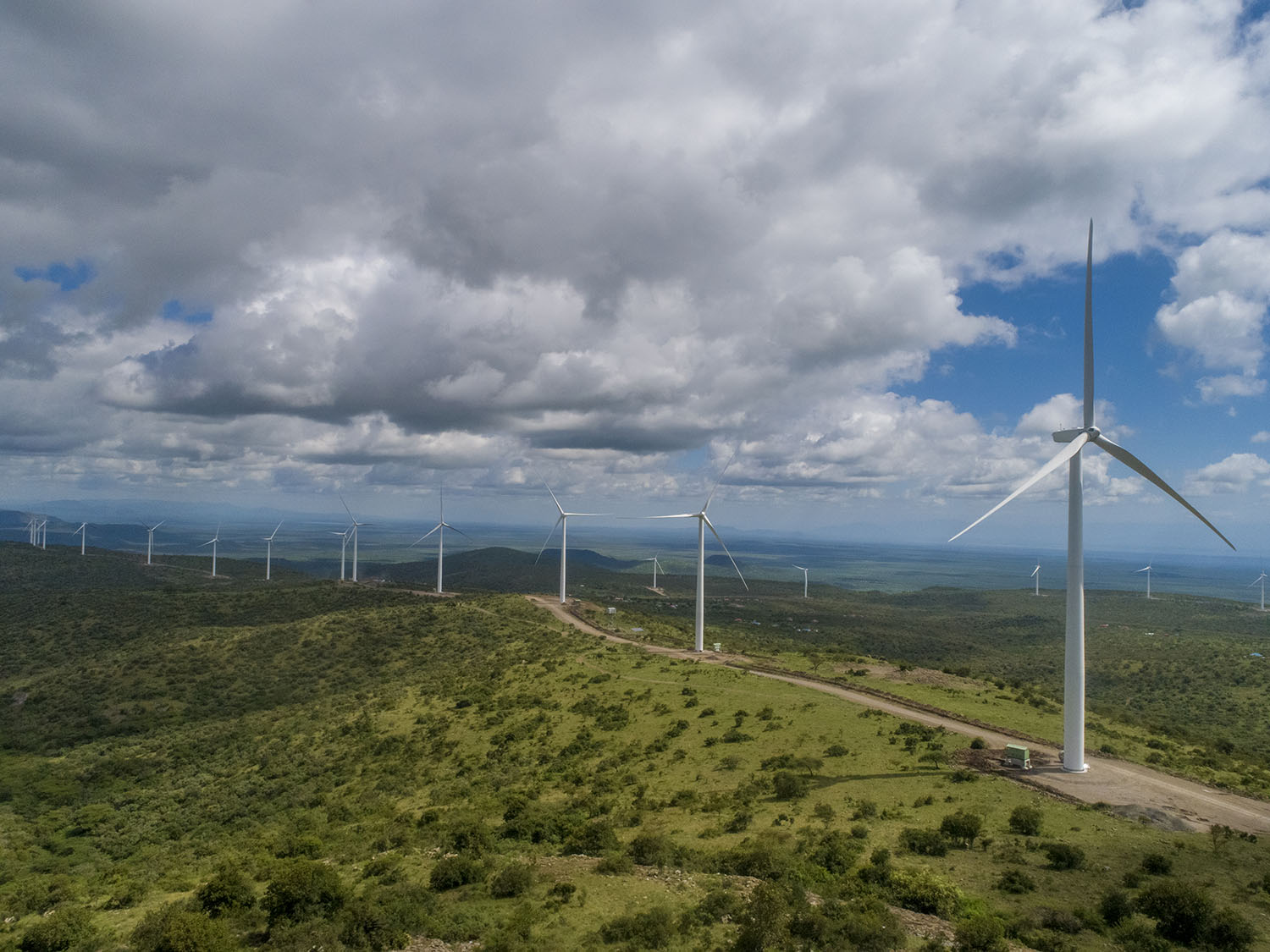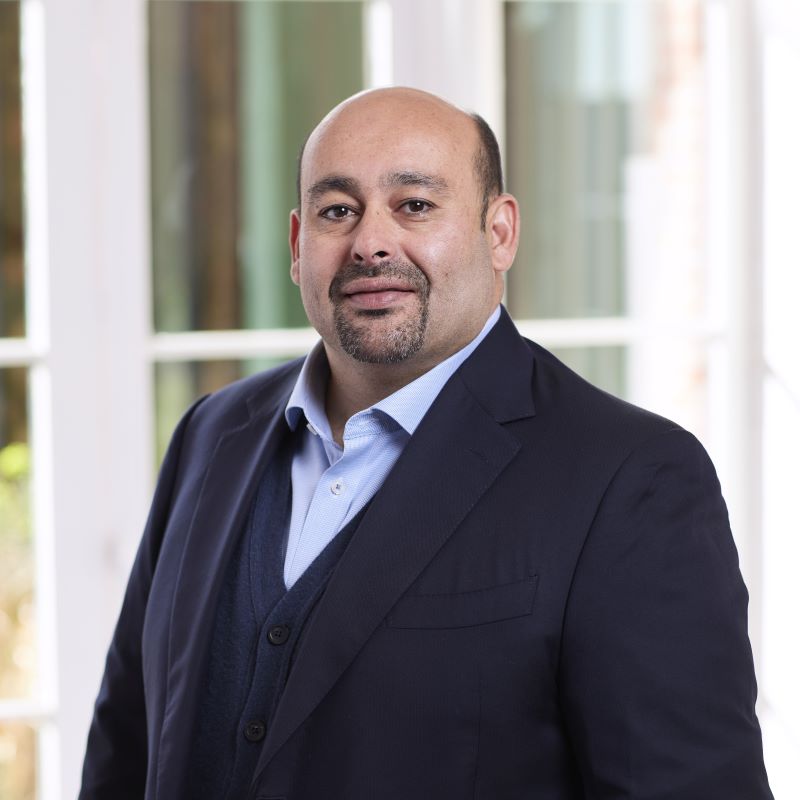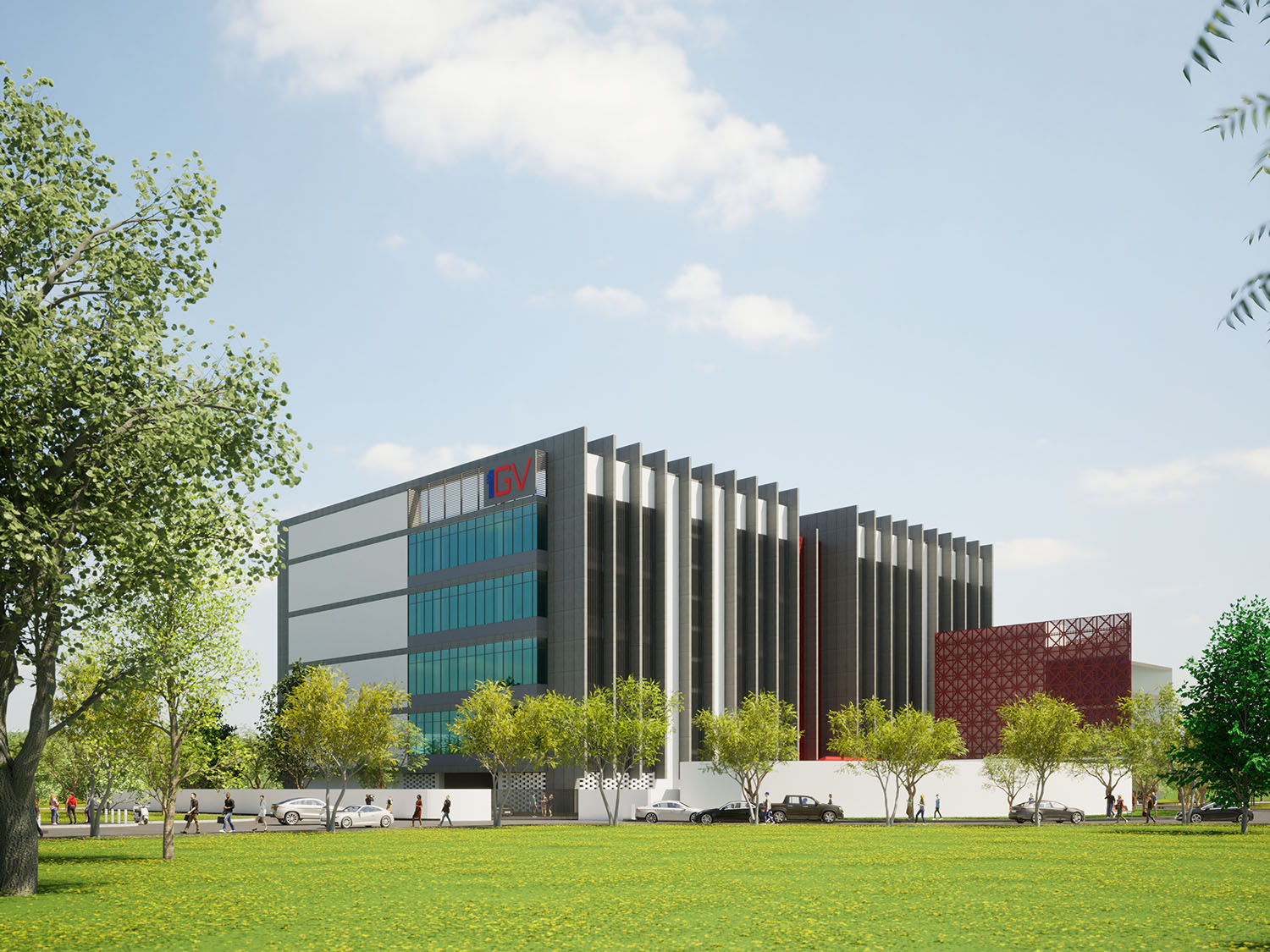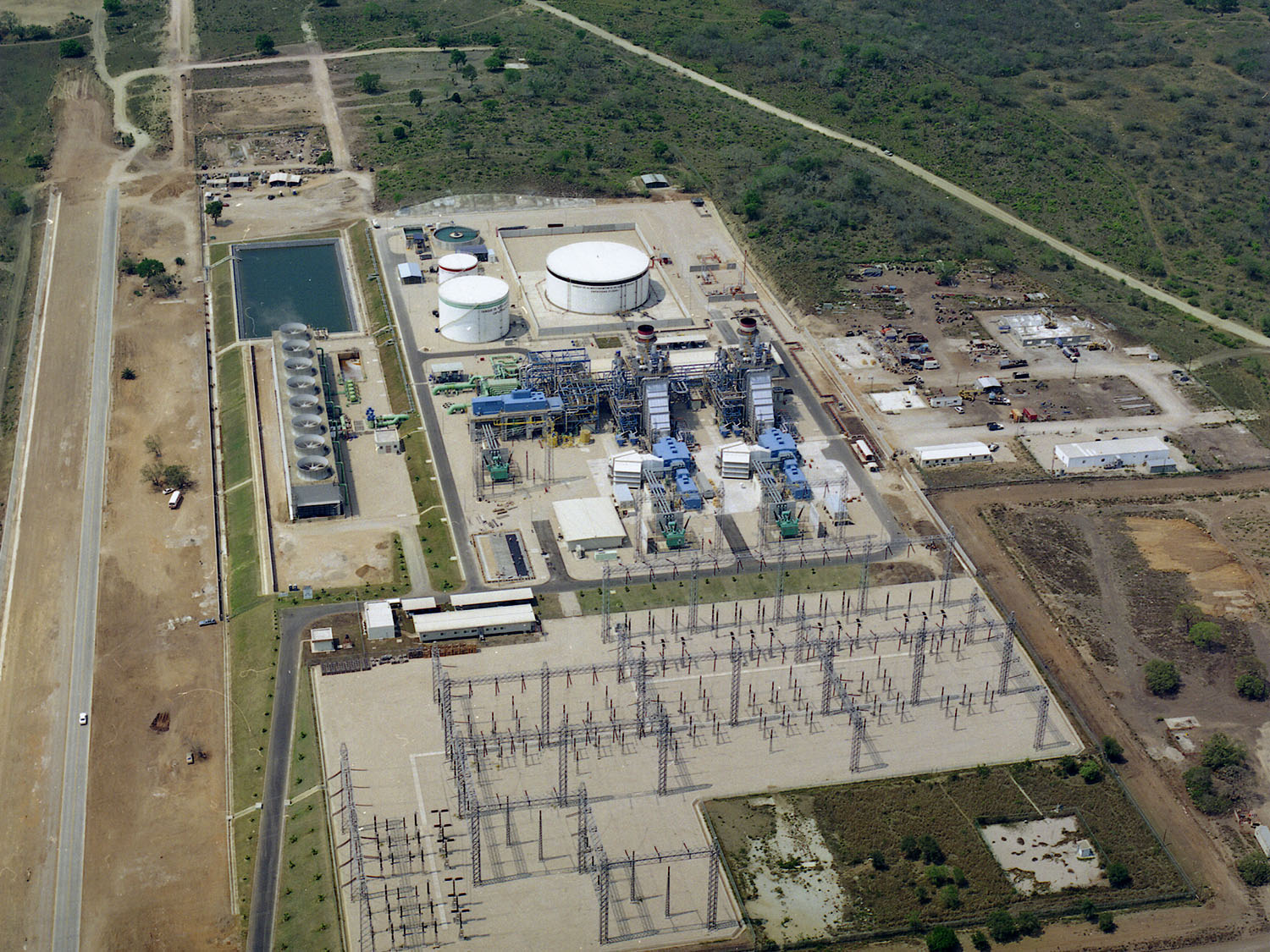The COP 28 conference in the United Arab Emirates, opening on 30 November 2023, is likely to offer a huge opportunity to advance the commitment to global climate mitigation and adaptation strategies. The discussions on loss and damage which took place at last year’s event, for example, should be taken further, since emerging markets and developing countries are at the sharp end of dealing with the impacts of climate change. In addition, the concept of a Just Transition – one that is carried out in an equitable manner and takes into consideration issues such as gender equality, the social context, and local employment – will loom even larger than before. And, given the event is being held in a region which leads world hydrocarbon output we expect a sharpened focus on transitioning out of a fossil fuel-based economy to a clean energy-based one.
ONE LARGE QUESTION PERTAINS TO THE ONGOING GLOBAL DISCOURSE REGARDING THE ROLE OF GAS IN THE TRANSITION.
The private sector will be the critical conduit through which change happens. Governments need to pull back somewhat, and reduce their role in the energy business, decommission thermal assets and allow the rapid development by the private sector of clean energy sources, including wind, solar, hydro and green hydrogen, share technological advancements they have made more widely, and provide best-in-class governance and efficiency. They are far better equipped to manage and develop clean energy assets than governments.
Thanks to efforts like these, the world has already come a long way on the road to a greener economy. Clean energy, in particular, has moved forward rapidly in the last decade. Today, many markets – even in the Middle East and Africa – are able to rely on clean energy to provide as much as 25% of their electricity generation capacity.
Being able to achieve a future based on clean energy will also require significant advancements in other areas. To make renewable energy a reliable source of baseload power, we need to get to a point where there are cost-competitive options to store power and make it available around the clock. What moved the needle on wind and solar was when there was a huge drop in the costs of the panels and turbines: we have yet to achieve that on storage technologies, but this is well underway. Meanwhile, when it comes to green hydrogen – another technology at a relatively early stage – there are also plenty of good intentions and good plans, and an abundance of hope. We will get there, but it is still early days.
One large question pertains to the ongoing global discourse regarding the role of gas in the transition. We believe it plays a critical role as a transitional fuel in markets which cannot swiftly shift from a standing start to full reliance on clean energy, and therefore is critical for energy security and to underpin economic development So Combined Cycle Gas Power plants need to provide the steppingstones required to get there.
Actis is already playing a significant part in helping meet the world’s climate goals. We are one of the leading investors, developers and owners of clean energy in the emerging markets. We have built 35 energy generation companies since inception, 20 of which are renewable generation businesses. We have owned and operated around 20,000 MW of clean energy across Africa, Asia and Latin America. We were in at the very beginning – when clean energy was very niche and hardly anyone else was interested in the sector – and, since then, we have been building our credentials. We have a focus on impact, and sustainability is at the heart of everything we do. We are firm believers in the notion that values drive value; that a focus on social values drives financial value.
We are fully committed to supporting COP 28’s four pillars of climate action: fast-tracking the move to a low-CO₂ world, improving climate finance, focusing on people, lives and livelihoods, and ensuring full inclusivity. We are playing our part in meeting the United Nations’ Sustainable Development Goals (SDGs), we are signatories to the UN’s Principles of Responsible Investment and have committed to Net Zero by 2050 through our membership of the Net Zero Asset Manager’s Initiative (part of GFANZ – Glasgow Financial Alliance for Net Zero). Our impact model is one of the highest rated among all our peers. And every one of our portfolio companies is actively developing a net zero plan that will be Board approved, fully costed, monitored, and rigorously implemented.
Continuing to invest into businesses that are at the heart of climate mitigation and resilience will always be crucial. The world used to just talk about climate change. Now, you only need to look around you and you can see it is here. It will have huge impacts on food safety, employment and economic activity. There is no more important topic for the world’s survival than mitigating it.
But in order to push forward, the G7 countries need to commit legally to curbing their emissions and setting net zero targets. They need to walk the talk, and also commit to compensating the smaller markets. Many of the emerging markets are ahead of the more developed ones when it comes to the energy transition, but they cannot be the ones being held to account when it comes to the transformation. After all, they are the ones bearing the brunt of climate change. The big countries now need to pull their weight.







